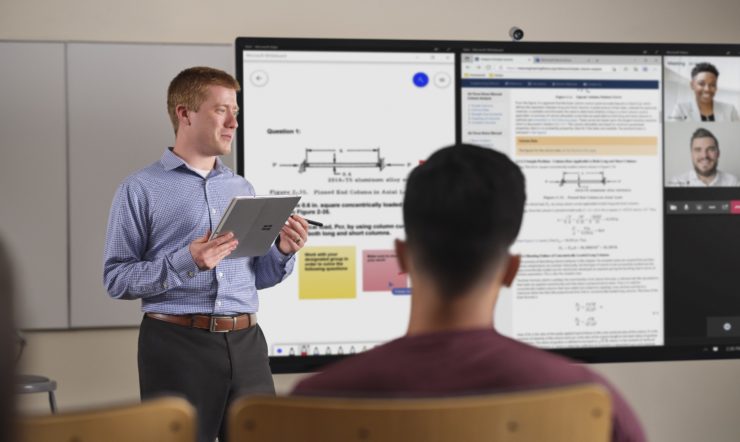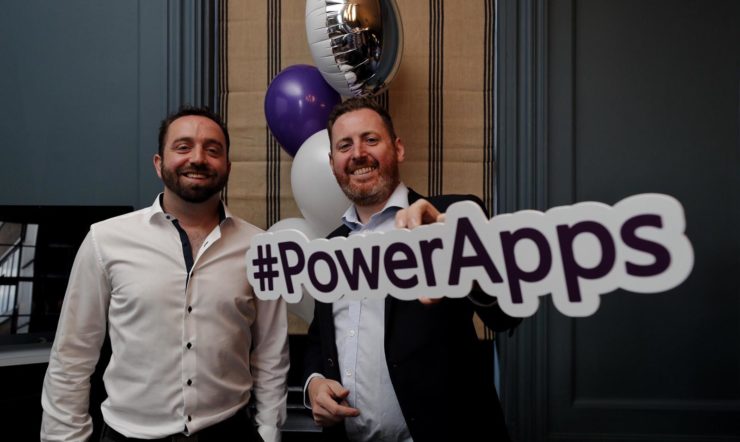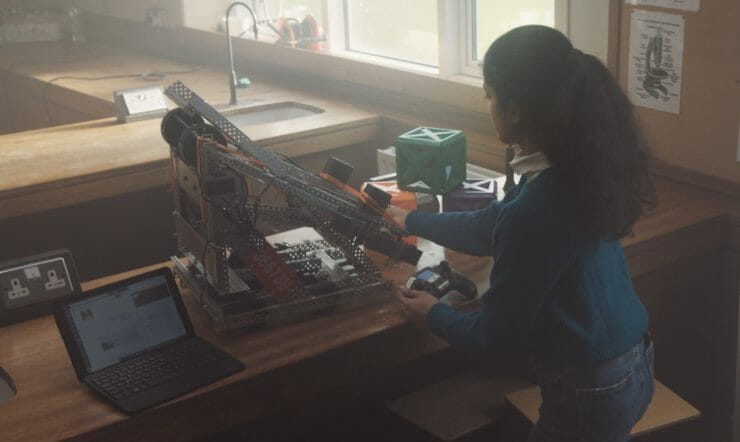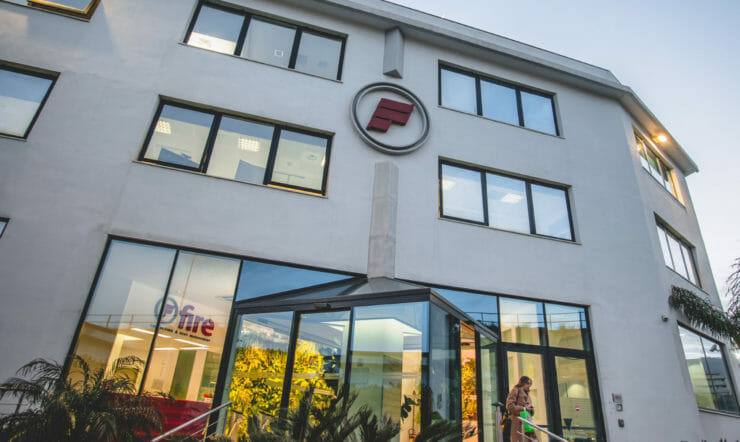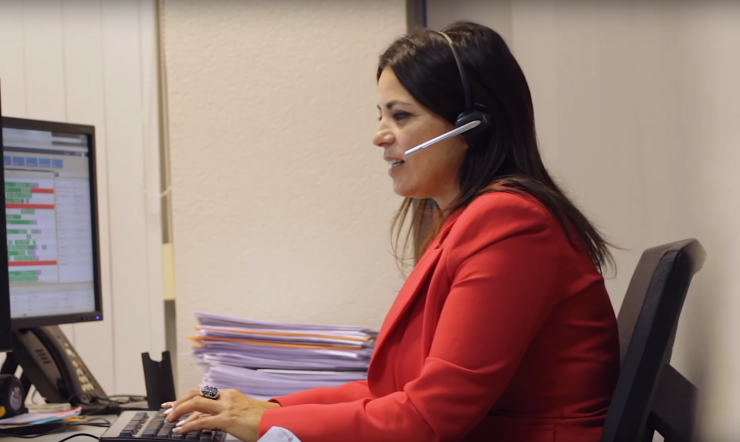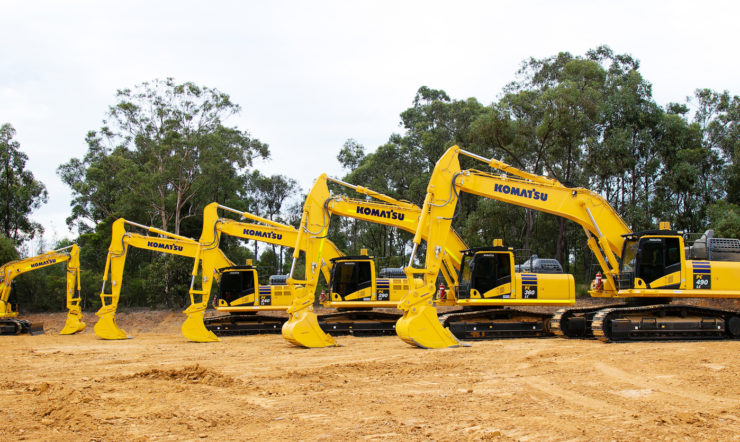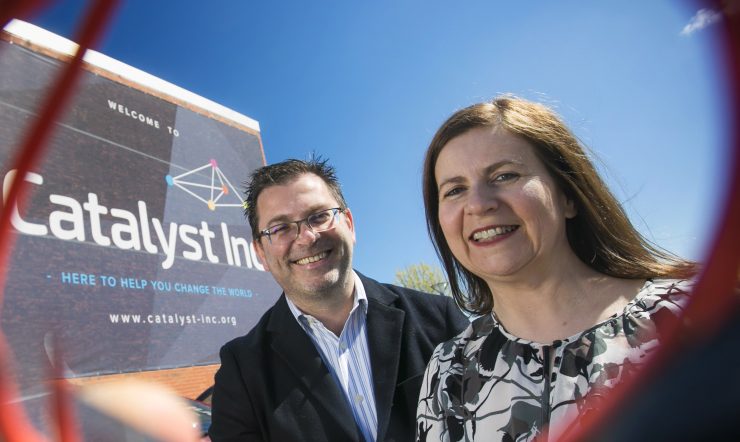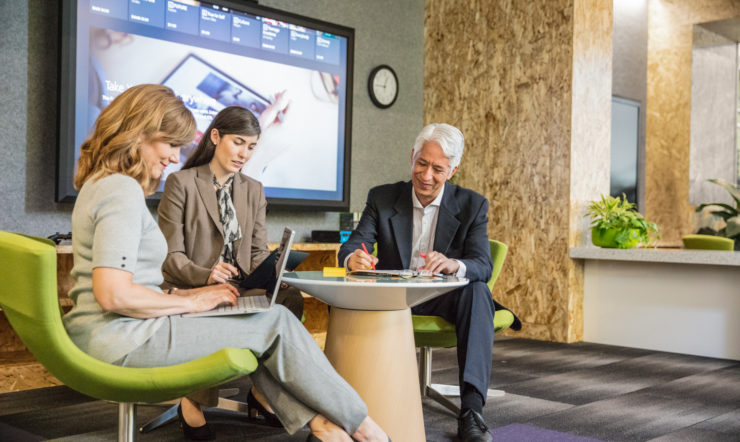Innovation in Challenging Times, Our first Microsoft Talk
When the winds of change blow, some people build walls and some people build windmills
Chinese proverb
I had the pleasure of opening our first virtual Microsoft Talk which explored Innovation in Challenging Times. It was a great session, with some stellar speakers like Margaret Burgraff, a Venture Capitalist who talked about what opportunities may exist in the coming year. We also heard from Rosemary Garth, the Head of Communications for Irish Distillers Limited, who talked about how the company pivoted to produce hand sanitiser, but just as important, educated and engaged its staff and partners with innovative digital experiences.
We also had our Chief Learning Officer, Lurlene Duggan, talk about Microsoft’s Global Skills Initiative and the need for organisations and employees to continue to evolve and adopt new skills to prepare for new jobs that may not exist yet.
If you are looking for a good practical definition of ‘innovation’ it’s:
The application of technology to reflect changing needs and circumstances and to help organisations—and people—be more efficient, more effective, and more responsive.
Against the backdrop of the COVID-19 pandemic, we’ve seen many innovations occur at breakneck speed. Businesses have adopted new styles of remote, mobile, and hybrid working. We’ve seen employees using collaboration tools such as Microsoft Teams to balance professional and personal commitments, working where and when is most practical for them. And we’ve seen organisations develop and roll out new cloud-based systems and solutions with previously unheard-of agility.
Just take a look at the amazing work that has been done by the frontline organisations here in Ireland in terms of data collection and reporting, track and trace, and lab testing capacity systems.
Disruption as an Opportunity for Meaningful Transformation
These innovations in business operations weren’t brought about solely by necessity, but rather by the freedom to depart from old and often limiting and restrictive business practices that slowed down or impeded change and frustrated improvement. This is not at all a ‘move fast and break things’ approach but rather ‘move fast in a structured, well controlled manner.’
Rosemary Garth talked about how companies needed to show up and play their part in the national interest – innovation must be meaningful. She talked about how Irish Distillers changed an entire production facility to ensure there was no shortage of high-quality hand sanitiser. But more than that, Irish Distillers supported their employees and retail community with digital events, training and experiences that helped them endure the lockdown. They are now helping their trade customers by innovating with Jameson Connects to bring connect consumers to music and giving them discounts that they could redeem in store or in pubs.
On a more sober note, Margaret Burgraff outlined the need to disrupt clearly:
Less than 1% of American Companies’ lifespan is 30 years, we are seeing a situation where the average lifespan of a US company is five years.
She added, “Sectors that are struggling can hunker down, shut–up–shop or look to transform, but you cannot stand still.”
Microsoft’s Innovation Principles
In Microsoft, we don’t believe that this ability to innovate should rest with just a few, but that it should be available to everyone and every organisation on the planet to empower them to achieve more. To allow everyone to do just that, we believe innovation needs to be grounded in some solid principles. That’s why in Microsoft, we ensure that our innovation efforts are: meaningful and bold, that is, they need to make a difference; responsible and grounded in trust, focusing not just on what technology can do, but on what it should do; inclusive, such that new technologies are open and available to everyone; and that they are applied and scalable, that is they are not endpoints of innovation but actually starting points or platforms for innovation for others.
Lurlene highlighted that:
In Ireland, we have 40,000 people in the developer space today, but we will need 165,000 to meet the future job opportunities in sectors like AI.
Innovation isn’t just about needing to change; to do things better, faster, or cheaper; rather it’s about developing a culture of change. An environment where the ‘freedom’ to innovate is ubiquitous and encouraged. In times of change and challenge it’s important that organisations respond appropriately: facilitating and embracing innovation, using the rights tools, the right platforms, and the right principles. Above all, if you have responded to challenges using new technologies and new approaches it’s important not to slide back into old ways of working, but to reflect on the combination of necessity and capability that has allowed innovation to take place quickly and efficiently.
Kieran McCorry,
National Technology Officer, Microsoft Ireland
